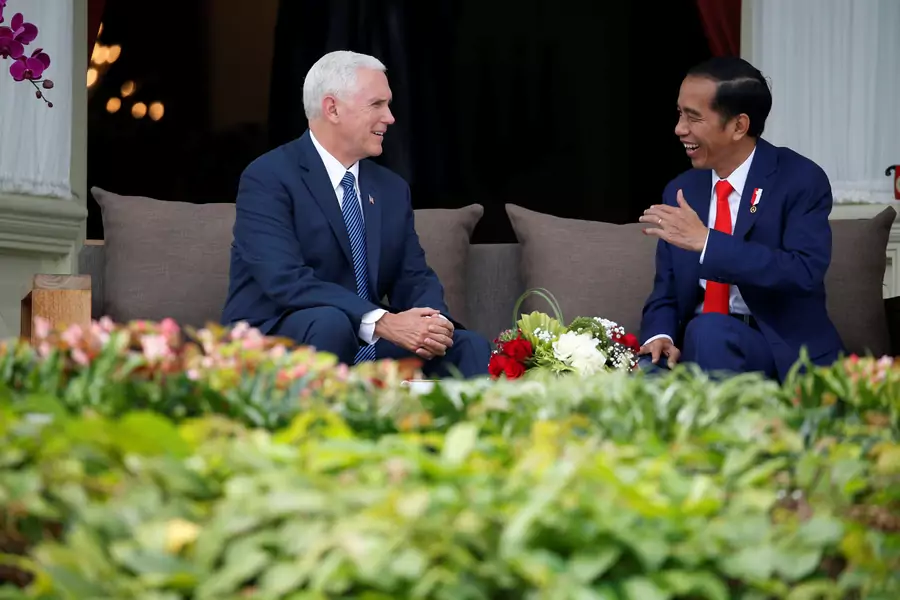How to Improve U.S.-Indonesia Relations

The Donald J. Trump administration has pursued a foreign policy toward Southeast Asia that has simultaneously courted and alienated countries in the region. The White House has taken a tougher approach to regional security, including increasing freedom of navigation patrols in the South China Sea and developing a regional concept, the “Free and Open Indo-Pacific,” which draws clearer lines against coercive behavior in regional waters and trade practices, especially by Beijing. The U.S. president also has spent extensive time in Southeast Asia, a contrast to some of his predecessors. On the other hand, the Trump administration has angered many Southeast Asian states by ramping up trade wars, which could impact some of the region’s most trade-dependent economies.
The White House often has placed an emphasis on relations with Vietnam, Singapore, the Philippines, and Malaysia, forsaking ties with Indonesia. To some extent, these decisions make sense. Vietnam and Singapore are close strategic partners that are generally aligned with U.S. concerns about China and have become increasingly worried about China’s regional assertiveness, especially in the South China Sea and regarding influencing other states’ political systems. The Philippines is a U.S. treaty ally, Trump seems to personally like Philippine President Rodrigo Duterte, and the Philippines is the first country in Southeast Asia to embrace the idea of negotiating a bilateral free trade deal with the Trump administration, which jibes with the White House’s preference for bilateral trade liberalization rather than multilateral deals.
More on:
But the Trump administration should, for the rest of its term, devote greater attention to U.S.-Indonesia relations, which have largely taken a backseat for this White House. For more on how the White House could bolster U.S.-Indonesia relations, see my new article for Pinter Politik, which draws upon my Council Special Report, Keeping the U.S.-Indonesia Relationship Moving Forward.
More on:
 Online Store
Online Store